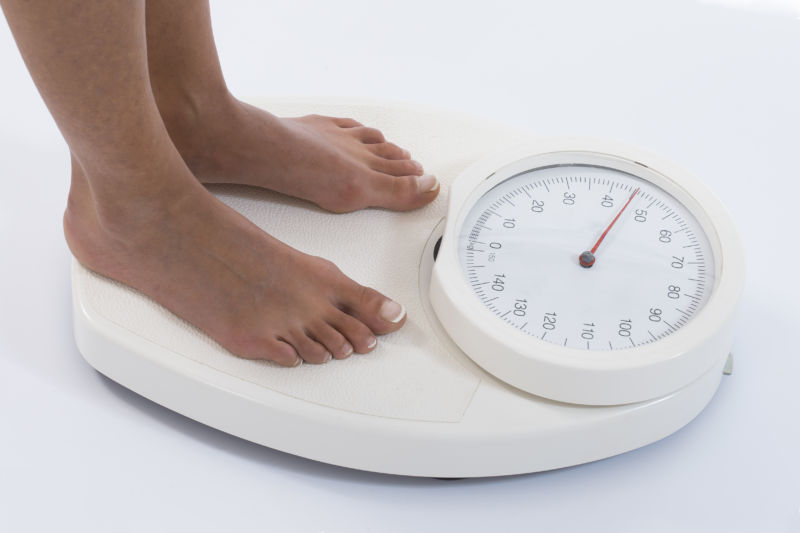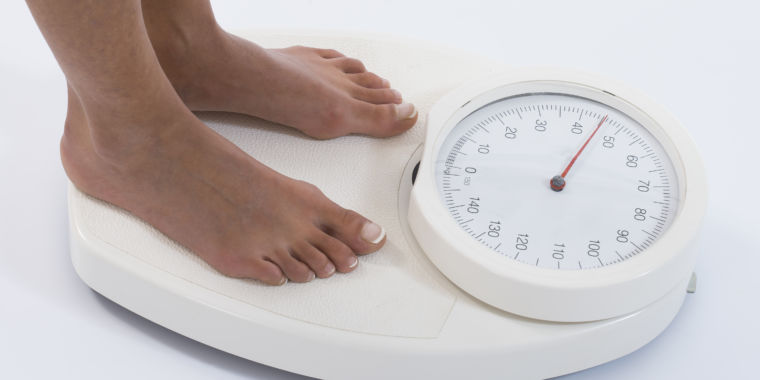
A repurposed Type 2 diabetes drug helped teens with obesity lose a significant amount of body weight, lowered their risk factors for cardiovascular disease, and improved their weight-related quality of life over a 68-week clinical trial, researchers reported this week in the New England Journal of Medicine.
The drug is semaglutide (brand name Wegovy), which was first approved to treat Type 2 diabetes in 2017, but has since also proven useful for weight loss in adults who are obese or overweight. The drug works by mimicking a hormone called glucagon-like peptide-1 (GLP-1) that targets areas of the brain that regulate appetite and food intake, the Food and Drug Administration explained while approving its use for weight loss in adults.
The new data suggests that it may also substantially help teens struggling with obesity and overweight issues improve their health and outlook as they head into adulthood. One in five children and teens in the US has obesity, which can set children up for serious health conditions, including high blood pressure, high cholesterol, Type 2 diabetes, breathing problems, and joint problems, according to the Centers for Disease Control and Prevention.
Of course, semaglutide is not a magical cure for obesity, which is a complex, multifactorial, chronic disease. The researchers note that in a seven-week follow-up after the 68-week-long treatment, some teens regained a small amount of weight, suggesting that they may need to stay on the drug to maintain their weight loss. It’s also unclear how long a person can take the drug while still seeing weight loss. Still, the drug could be a useful new tool in the fight against an intractable, progressive condition.
Results
In the Phase 3, double-blind, randomized, placebo-controlled trial reported this week, researchers had teens between the ages of 12 and 17 take a weekly, 2.4-mg injection of semaglutide for 68 weeks.
Of the 201 teens enrolled in the trial, 133 teens with obesity and one who was overweight were treated with semaglutide, while 67 were given a placebo. Both groups, along with their parents and guardians, also received counseling on healthy nutrition and exercise.
The drug appeared generally safe, with some gastrointestinal side effects—nausea, vomiting, and diarrhea—mainly seen in the early phases of the treatment, which tended to lessen as the weeks went on.
After 68 weeks, those treated with semaglutide lost an average of about 15 percent of their initial weight—about 34 pounds. In the placebo group, teens gained about 3 percent of their initial weight—about 5 pounds. The average change in BMI (body mass index) was -16 percent in the treatment group, and +0.6 percent in the placebo group.
In the treatment group, 73 percent lost at least 5 percent of their weight, 62 percent lost at least 10 percent, and 37 percent lost at least 20 percent. Treated teens also saw reductions in clinically important cardiovascular risk factors, including lower waist circumference, total cholesterol, and triglycerides, which were not seen in the placebo group. Last, the treated teens reported improvements in their quality of life scores on physical comfort.








